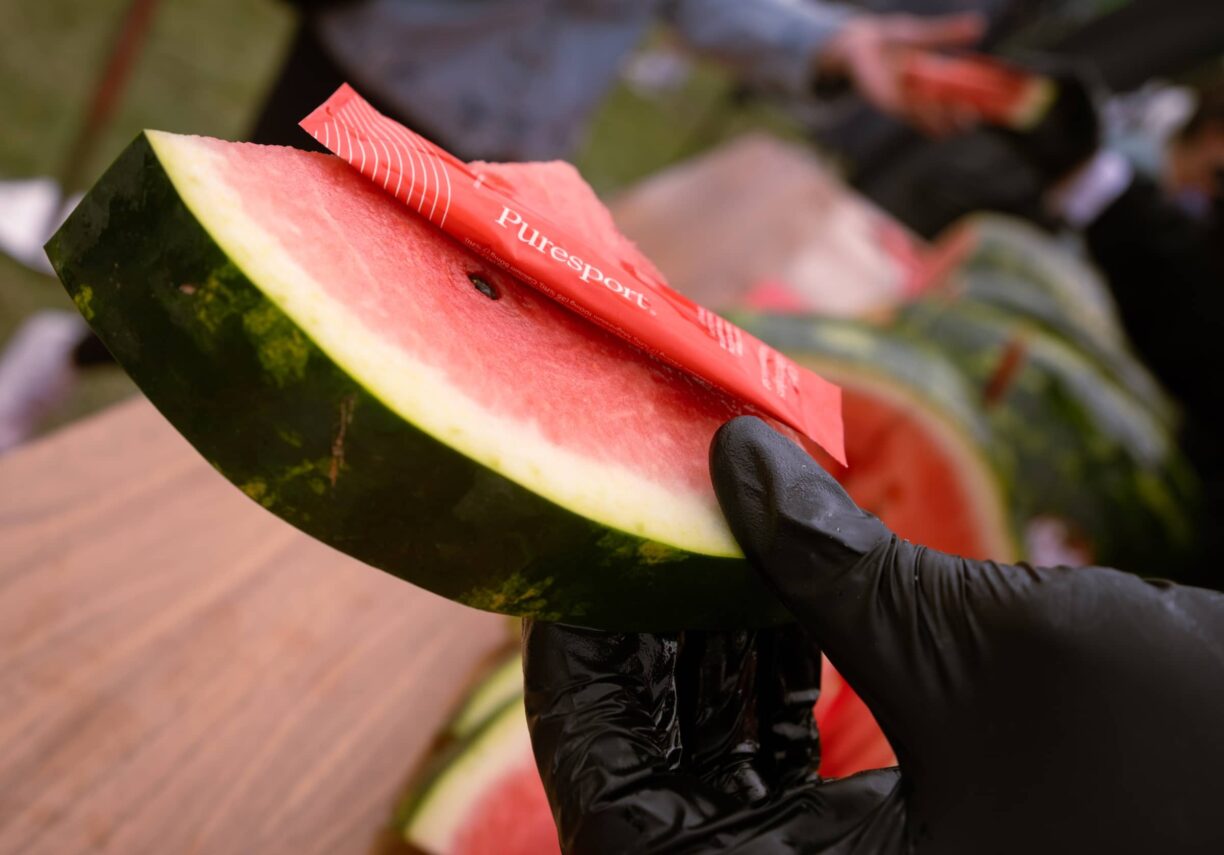With finances tight this new year, Former Welsh international footballer Thomas Hal Robson-Kanu, who is now Founder and CEO of functional nutrition business The Turmeric Co., offers his advice on how to eat healthily on a budget.
Eating a healthy and nutritious diet is important for maintaining overall health and well-being. But it can sometimes feel like a challenge if you’re trying to stick to a budget.
Eating a healthy and nutritious diet can help to improve energy levels, boost the immune system, and prevent chronic diseases such as obesity, heart disease, and type 2 diabetes.
Poor nutrition can lead to lengthy health problems, such as obesity, decreased immunity, and an overall decrease in quality of life. An unhealthy diet can also lead to an increased risk of developing chronic diseases such as cancer, stroke, and Alzheimer’s disease.
Despite the numerous benefits of eating well, it can sometimes feel like a challenge, especially if you are trying to eat healthy on a tight budget. However, eating healthy on a budget is definitely possible – by making smart choices and being mindful of your food budget, you can still enjoy a varied and nutritious diet!
1. Plan your meals in advance.
Meal planning will help you avoid impulse buying and overspending on food. It will also ensure that you have all the ingredients you need on your shopping list to make healthy recipes at home.
2. Shop for groceries at discount stores or local farmer’s markets.
These locations often have fresh produce and other healthy foods at lower prices than traditional supermarkets – just avoid shopping on an empty stomach as you may buy things you don’t necessarily need!
3. Buy in bulk.
Buying larger quantities of non-perishable items, such as grains, beans, and nuts, can save you money in the long run. Just be sure to store them properly to prevent spoilage.
4. Cook at home.
Eating out can be expensive, so try to cook at home as much as possible. This will not only save you money, but it will also allow you to control the ingredients and portion sizes in your meals.
5. Batch cook.
When cooking a recipe that can stay fresh for a few days or is easy to freeze, make sure to factor in extra portions. Meal prepping this way can help you minimise food waste and save on bills, as you’re only needing to cook the ingredients through once.
6. Don’t be afraid to substitute.
You may be able to find cheaper alternatives for key ingredients, such as using canned tomatoes instead of fresh!
7. Get creative with leftovers.
Don’t let leftovers go to waste! Repurpose them into new meals or freeze them for a quick and easy meal on a busy day. This is a great way to save money and still eat healthily on a budget.
Here’s an affordable list of healthy groceries you can buy weekly:
- Whole grain bread: Choose bread made with whole wheat flour, rye, spelt, or oats for added fibre and nutrients.
- Brown rice: A great source of complex carbohydrates, B vitamins, and minerals like magnesium and zinc.
- Oats: Oats are a great source of fibre and can help lower cholesterol. They are also super versatile and easy to cook.
- Fruit and vegetables: Choose any fresh or frozen fruits and vegetables to get the most nutritional value. Vegetables like peppers and sweetcorn are great in stir fry.
- Legumes (e.g. beans, lentils, chickpeas): A great source of protein and fibre.
- Nuts and seeds: Such as almonds, walnuts, pistachios, cashews, sunflower seeds, pumpkin seeds, chia seeds, and flaxseeds are all great sources of healthy fats and protein.
- Low-sodium canned soups: Canned soups are a convenient option, but choose low-sodium versions as a healthier alternative.
By following these tips, you can eat a wide range of healthy meals on a budget and still enjoy the delicious and nutritious foods you enjoy.
It may take a little extra planning and effort, but it is worth it to maintain a healthy diet without overspending. It’s important to focus on buying whole, unprocessed foods and staying hydrated with water to keep your body nourished and energised.
Find out more at www.theturmeric.co





